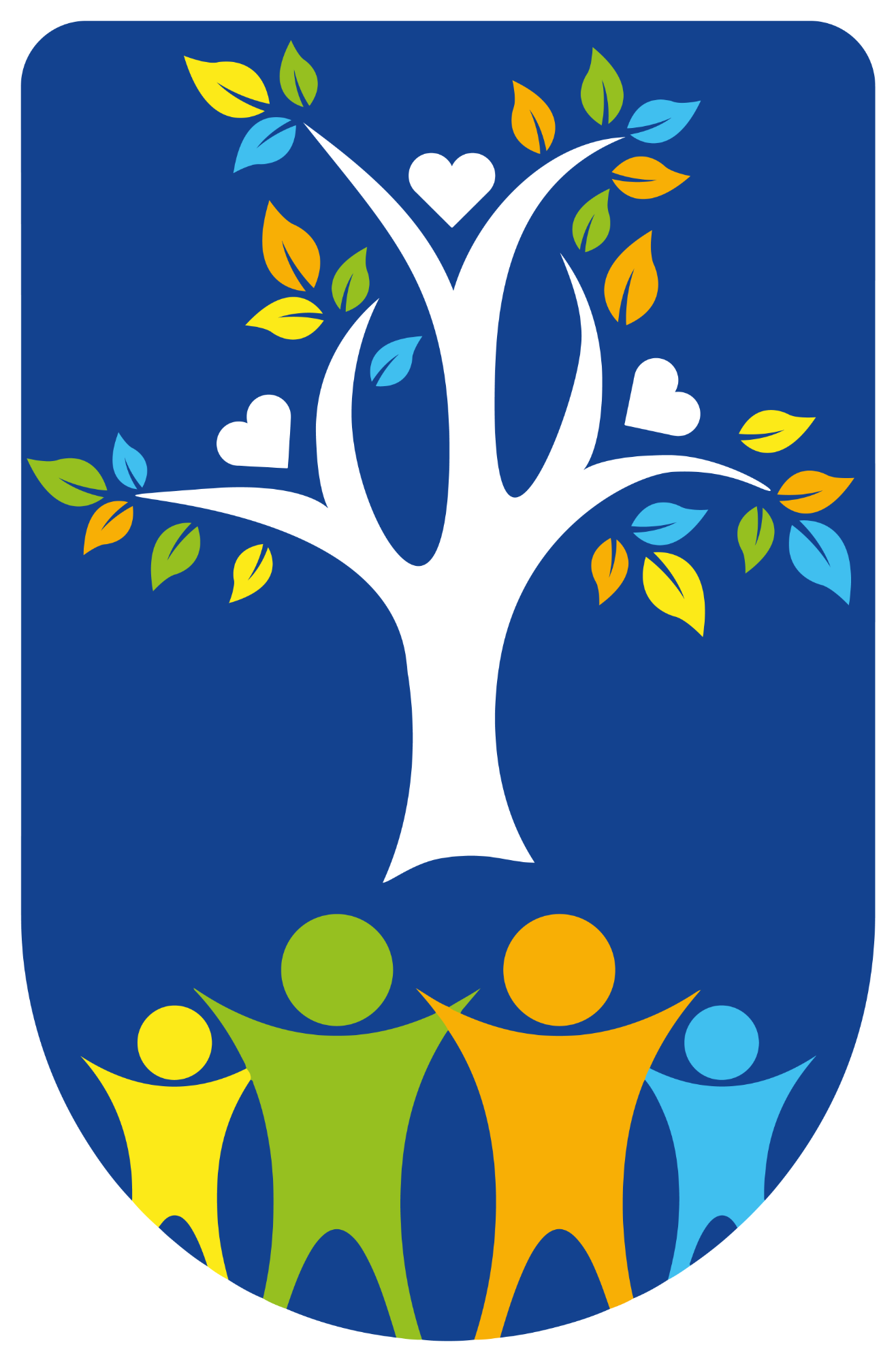Phonics
At Rothersthorpe CE Primary School we use 'Floppy Phonics' by Oxford Owl
We place great importance on teaching early reading and fully understand how this can help to unlock many opportunities across the whole of the curriculum for our children. We teach phonics following a scheme called 'Floppy Phonics'. This is a complete systematic synthetic phonics programme (SSP). It is based on the original Letters and Sounds programme, but it has been extensively revised to provide a complete teaching programme which meets all the expectations of the National Curriculum.
How is phonics taught at Rothersthorpe School?
Phonics is taught daily at Rothersthorpe. These sessions have a focus on decoding, prosody and fluency. Take a look at our programme progression map below, which highlights the order in which we teach GPC's and tricky words.
First, your child will be taught the most straightforward letters and the sounds they make. For example, they will be taught that the letter ‘m’ represents an mmm sound and the letters ‘oa’ represent an oh sound.
- In phonics we use the word grapheme to talk about the letters on the page and phoneme to talk about the sounds those letters represent.
Next, they will learn how sounds can be put together (blended) to make words. For example, they will learn that the sounds of the letters ‘m-a-t’ blend together to make the word ‘mat’. Your child will then learn more sounds and will start blending them too.
As they move into Year 1 the children will learn alternative sounds for the same letter pairs (digraphs).
How can I help my child with their phonics learning?
We understand the importance of support at home to help your child on their phonics journey.
Here is a link to the Floppy Phonics, Oxford Owl site for parents, where you will find more information on how to support your child, pronunciation videos to help ensure consistent modelling and information on how reading books will be given out weekly.
Intent
At Rothersthorpe, the systematic teaching of phonics is of the highest priority throughout Reception and Key Stage 1. We believe that by placing an importance on early reading, this will provide endless opportunities for our children to develop into confident, articulate and well-rounded individuals who can succeed and reach their full potential.
We teach a phonics scheme called Floppy Phonics. This is a complete systematic synthetic phonics programme (SSP). Our children begin their reading journey in phonics in our pre-school and this continues throughout the EYFS and into KS1. Once the Floppy Phonics programme has been completed, the children progress onto the VIPERS strands where they continue to develop their reading skills - inspiring them to become life-long readers.
Implementation
Explicit whole class teaching of phonics takes place every day in the EYFS and KS1. The children are taught new sounds and helpful words daily. During these sessions, the children are immersed in various activities where they are taught how to read, pronounce, write and spell sounds/words.
‘Reading for Pleasure’ sessions and visits to the school library are also timetabled into the week to ensure that we promote a love of reading with our children and to give them the opportunity to engage with a variety of texts and authors alongside those explicitly read within phonics and whole-class story times.
Reading at home is encouraged and promoted throughout the school and our children are entered into our half-termly book raffle for every three reads completed at home.
Assessment
Teachers will continually assess the children formatively throughout sessions. The children are also assessed summatively at the end of every phase using Phonics Tracker. Additional support and interventions are provided for those children who are not working at age-related expectations.
Impact
Children at Rothersthorpe School have a love of reading. They are confident, fluent and independent readers. Children can decode new words accurately and quickly, building a foundation for fluency and comprehension. Confidence in reading allows children to access the full curriculum and succeed in all subjects.

